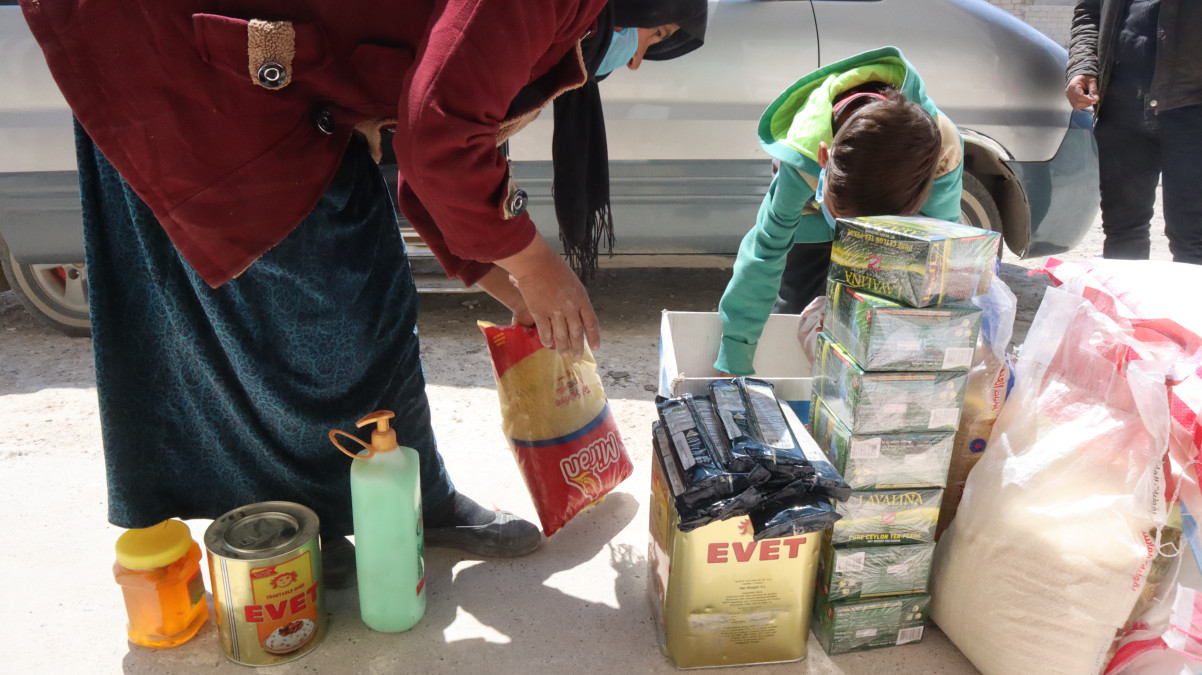Revitalizing the aid system: The future of food voucher support
Published: Aug 9, 2021 Reading time: 2 minutes Share: Share an articleA record 12.4 million people, 60% of the population in Syria, are food insecure. Over the last year, food prices across Syria have soared and the price of basic items has increased by 236 percent, just as the value of the Syrian Pound has plummeted. Cash-based food assistance, such as monthly food vouchers, is a vital and commonly used solution to support households.

But what gaps within our current aid systems exist and how can we apply innovative solutions to ensure that people are receiving the highest quality of aid possible?
Humansis is an operating system built by the humanitarian community, for the humanitarian community. Piloted in countries like Syria, Mongolia, Cambodia and Ukraine through People in Need, Humansis is closing gaps in the ways we provide aid, such as limitations with food vouchers and beneficiary data collection and protection, while improving transparency and accountability.
After successfully piloting the use of ‘Smart Cards’ in the replacement of paper, QR coded food vouchers in northern Syria, PIN has distributed these electronic cards to 1,324 beneficiaries in three locations. We gave 34 accredited vendors smart phones and trainings on how to operate this new system, powered by Humansis. By increasing efficiency, purchasing power flexibility, and accountability in invoicing, People in Need aims to move all food voucher beneficiaries to electronic Smart Cards in the near future.
Thanks to funding from USAID, People in Need supported 26,847 households across northern Syria with monthly food vouchers between July 2020 – March 2021.
With this monthly support, fluctuating in price to counter inflation, families have the agency to purchase whatever basic food items they deem essential for their household while stimulating the local economy at the same time. However, the current food voucher system in Syria only meets around 75% of basic household needs. We suggest a few ways to revitalize this system to ensure beneficiaries are able to live a healthier and happier life.



